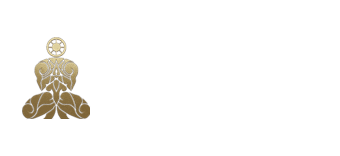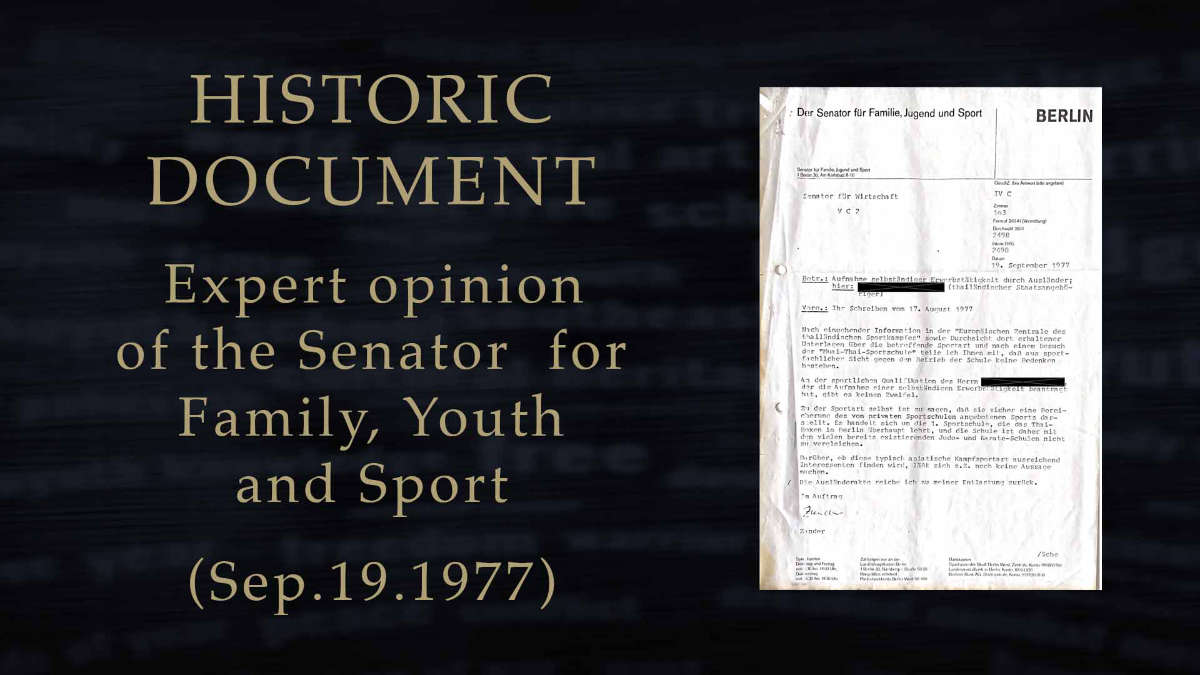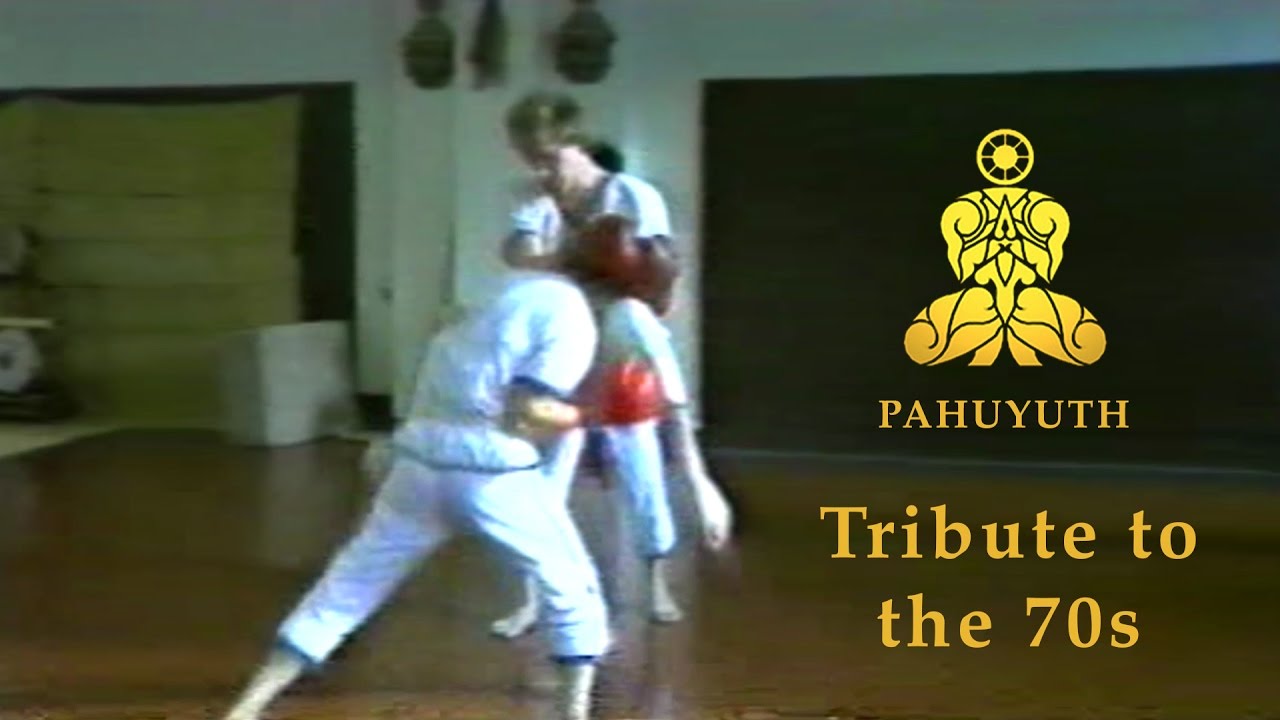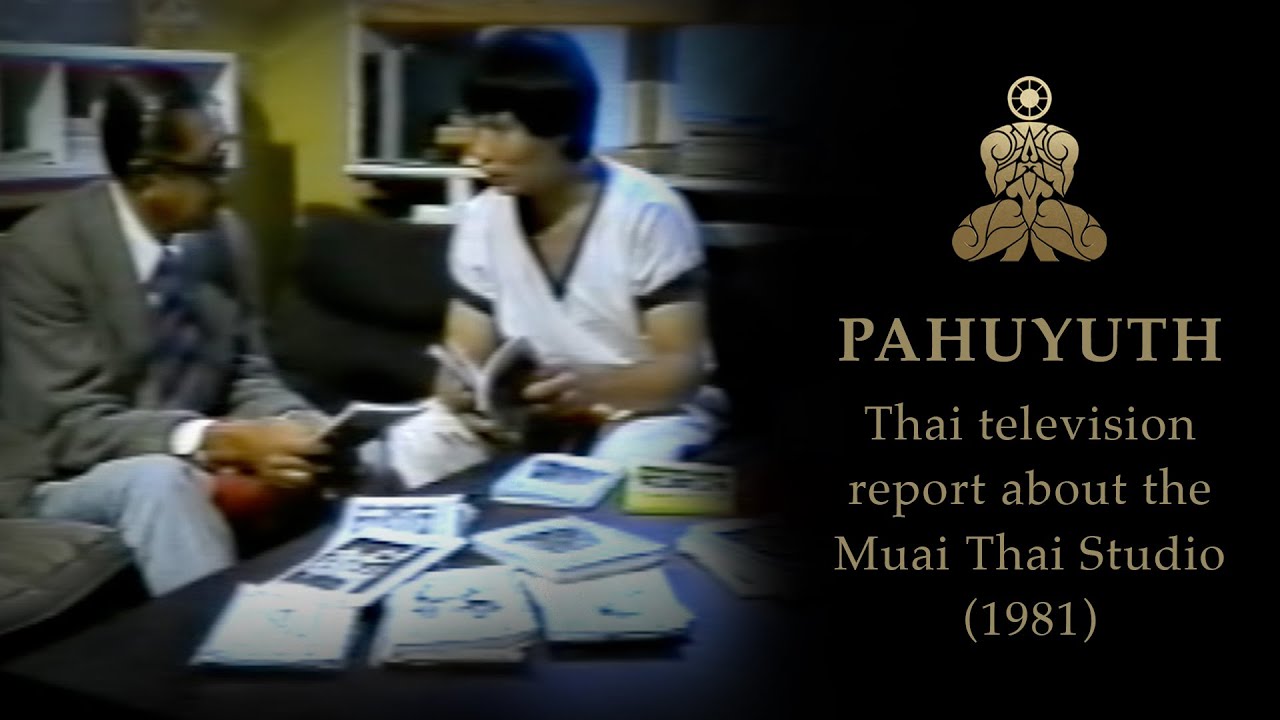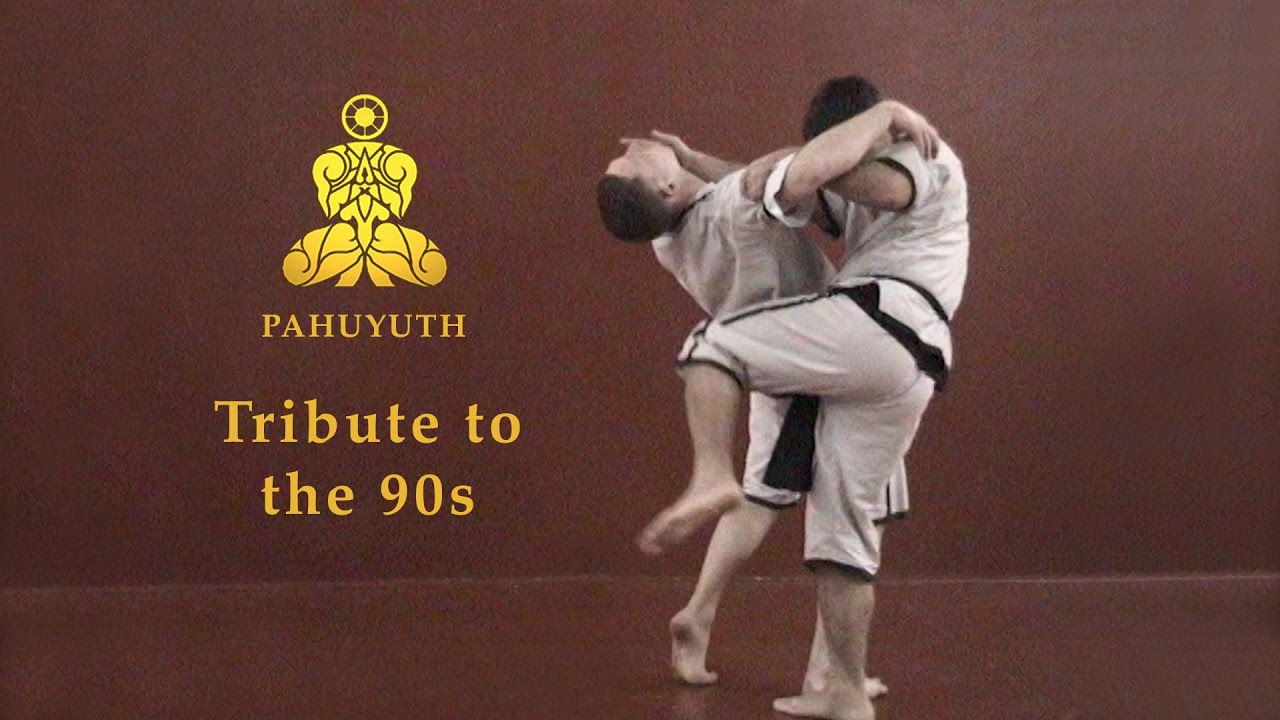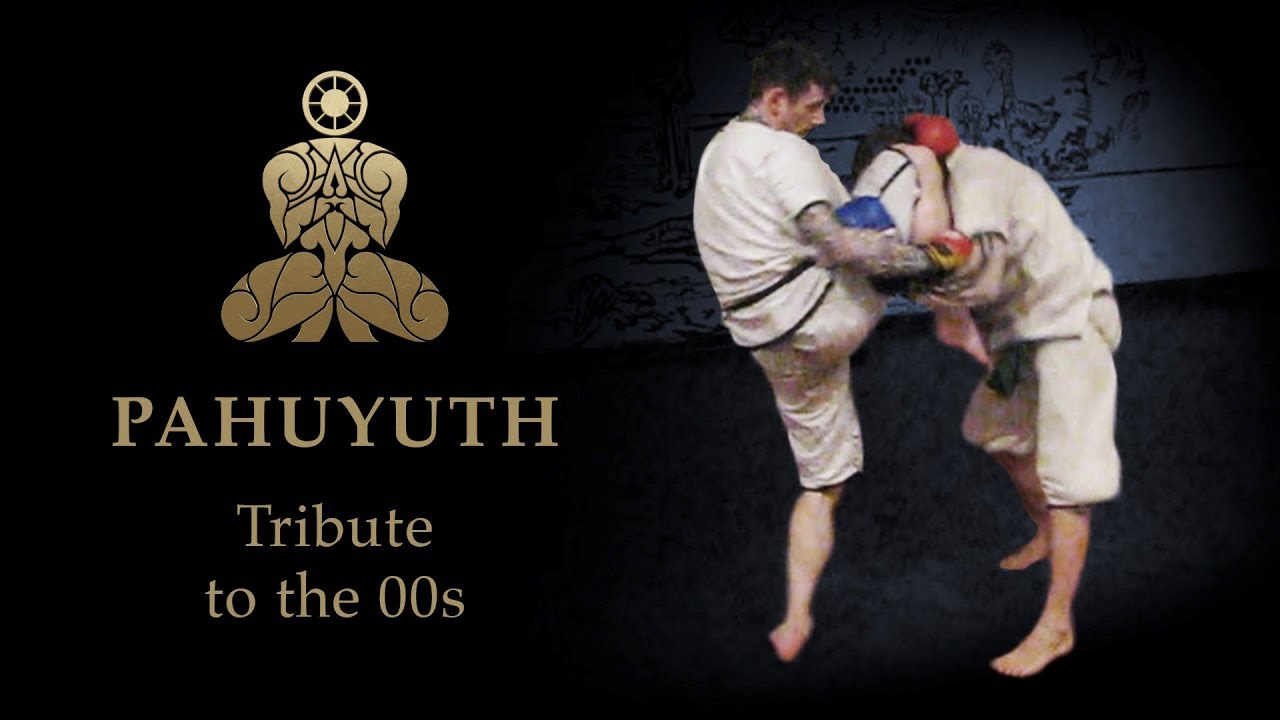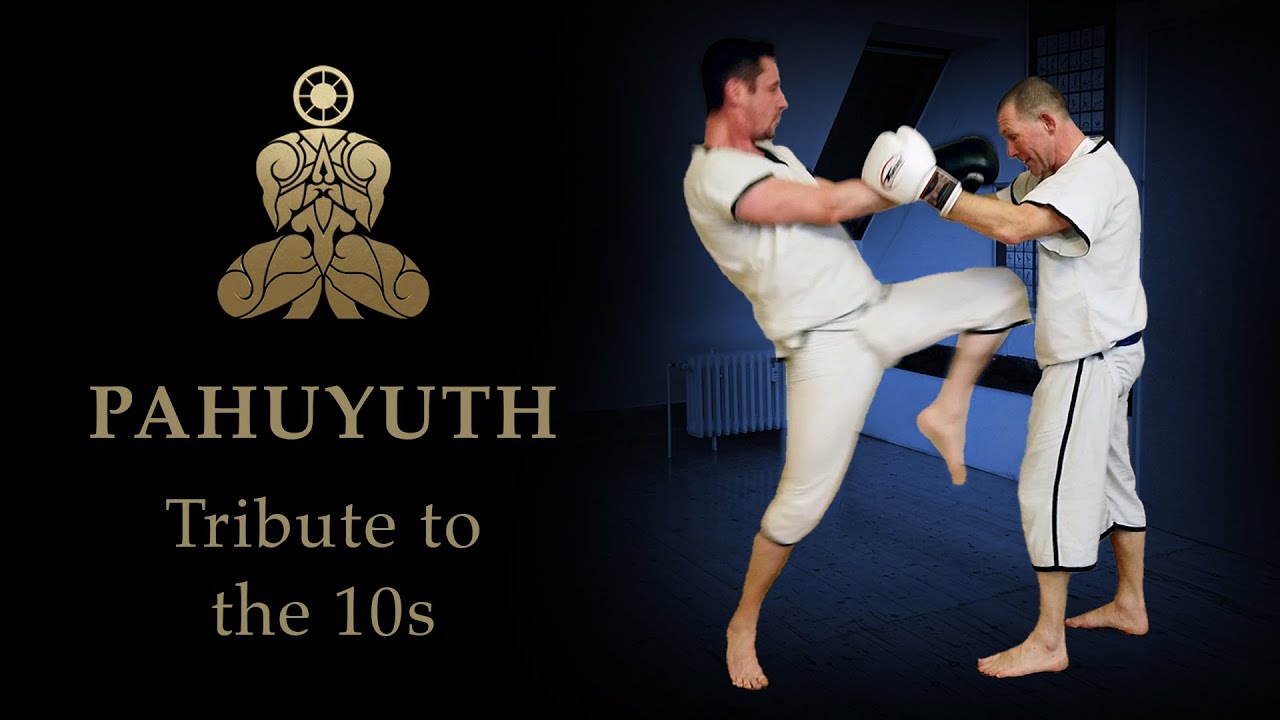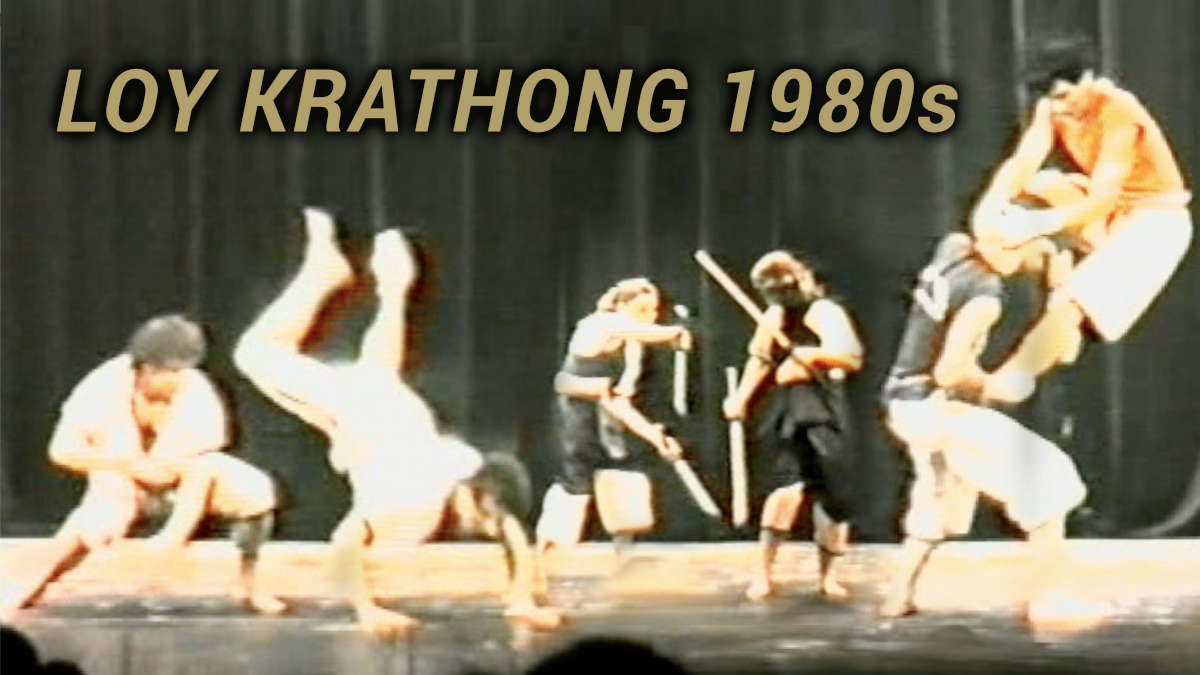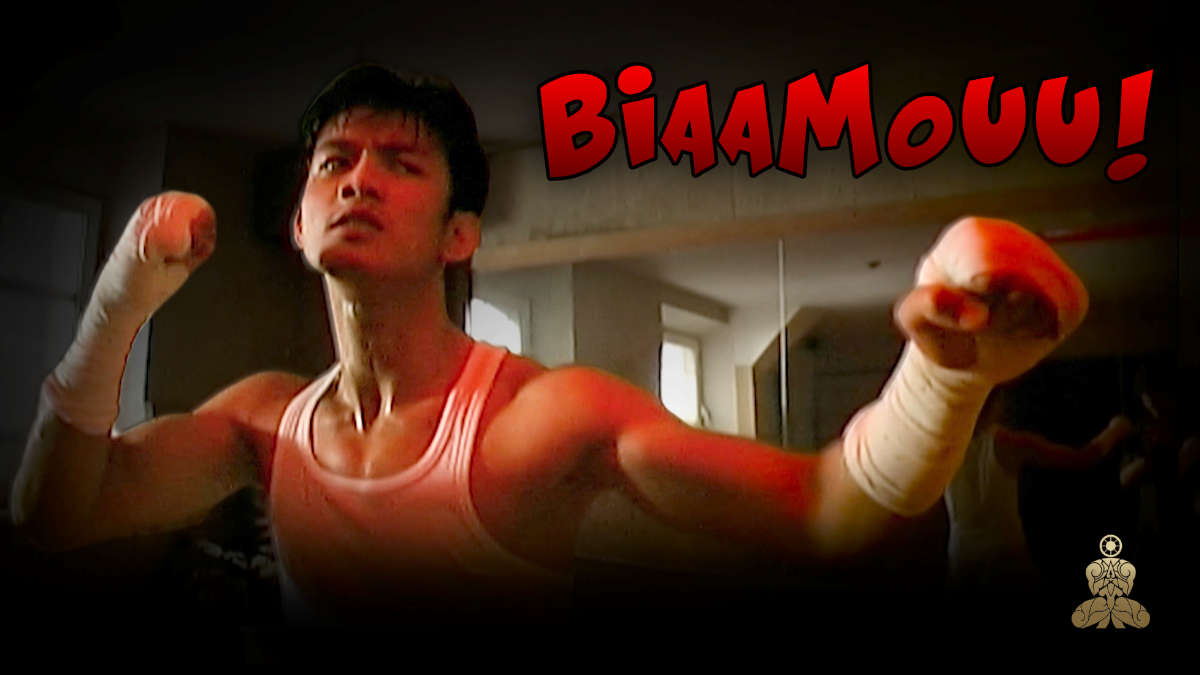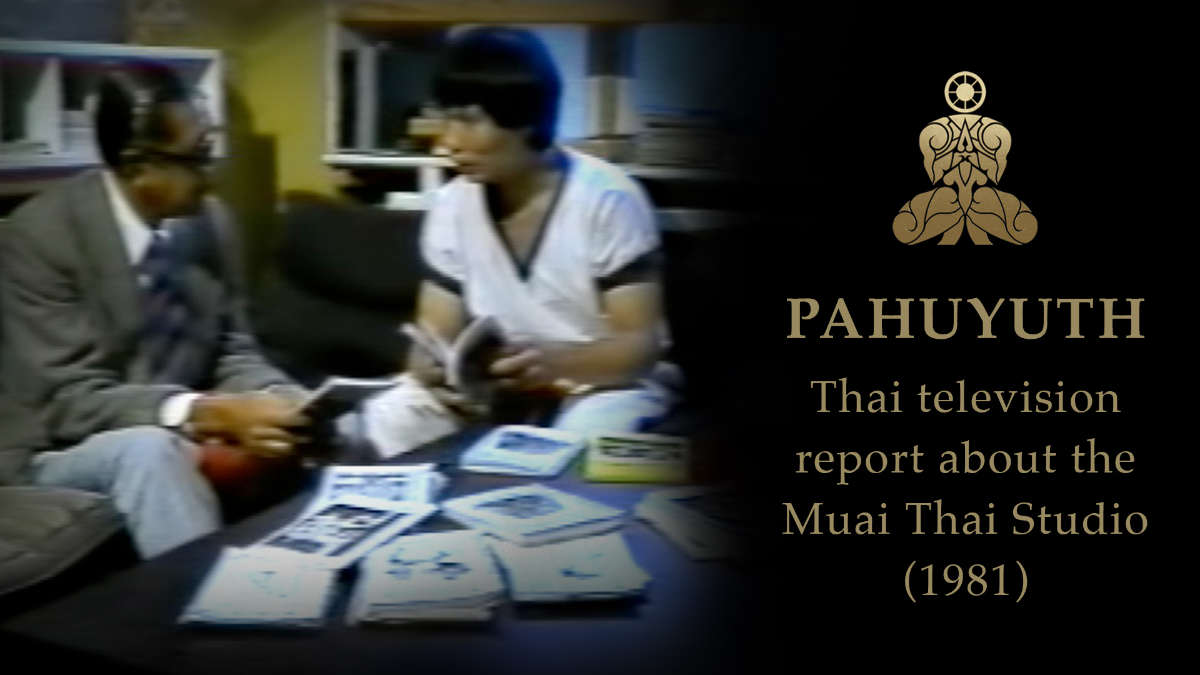Content
Contemporary document – Expert Opinion of the Senator for Family, Youth and Sport from Septemper 19th 1977
On this page we share a document from the 1970s in which the Berlin Senate Administration for Family, Youth and Sport gives an assessment of the quality of teaching at the Muai Thai School (today’s Pahuyuth School) and the professional qualifications of the instructor. Such an expert opinion had become necessary at that time in order to comply with the requirements of the Allied right of reservation.
A transcription / translation of this document as well as additional information on the historical context can be found below.
Transcription / Translation
The Senator for Family, Youth and Sport in Berlin
To: Senator for Economic Affairs V C 2
Subject: taking up self-employment by foreigners; here (REDIGIERT) (Thai national)
Case: Your letter of 17 August 1977
After detailed information in the “European Headquarters of Thai Sports Combat” as well as a review of documents received there about the sport in question and after a visit to the “Muai Thai Sports School”, I inform you that there are no objections from a sports-related point of view to the operation of the school.
There is no doubt about the sporting qualifications of the Mr. (REDIGIERT), who has applied for self-employment.
With the sport itself, it is certainly an enrichment of the sport offered by private sports schools. It is the first sports school that teaches Thai boxing in Berlin at all, and the school is therefore incomparable with the many existing judo and karate schools.
It is not yet possible to say whether this typical Asian martial art will find sufficient interested parties.
I return the foreigners’ file to my discharge.
On behalf of
(signature)
Zinder
Historical context
The Pahuyuth School was founded in 1975 as the “Muai-Thai Studio” in West-Berlin. It was the first school in Germany to make the then unknown “Thai martial arts” publicly accessible. Among the tasks of this school was to promote Thai sports combat (Muay Veti, Muay Thai, Thai boxing) and Thai culture in Europe, which is why at that time people often spoke of e.g. “Thai sports fighting”, the “techniques of Thai” and “Muai Thai” (with “i”, which is by the way the original spelling) instead of MUAI or PAHUYUTH.
Pahuyuth itself is not a sport and, strictly speaking, not even a Thai martial art (Thailand was only founded in 1939, a very long time after Pahuyuth came into being). Nevertheless, it is the origin of all Thai and many Southeast Asian martial arts and combat sports, which is why parts of the Pahuyuth (especially the MUAI) were used at that time to promote “Thai sports” and “Thai culture” in Germany and Europe and thus lay the foundation for many subsequent martial artists.
In 1989, the Berlin Wall came down, Germany was reunited and the Allied troops left Germany. Berlin’s special status was removed and the development of the Muai-Thai Studio took an even more authentic direction.
In the nineties, when Muay Thai or Thaiboxing had become sufficiently popular, also thanks to the decades of groundwork of the Muai-Thai Studio, the Muai-Thai Studio developed itself further into the “Pahuyuth School” as it is known today. The focus of the training shifted more and more to combat martial arts with and without weapons (Pahuyuth) as well as to the preservation and maintenance of the traditional Free-Warrior knowledge (Pahuyuth, Naturopathy and Saiyasart) and culture by education and teaching.
The focus on traditional martial arts and the ever-increasing number of publications by the Pahuyuth School indirectly led to the development of the Muay Boran in Thailand and to a growing interest in traditional Thai martial arts (e.B. Krabi Krabong) around the world.
To this day, the Pahuyuth School is regarded as an important trailblazer for the development of Thai martial arts in Europe, as well as a benchmark-setting pioneer and authority for traditional Thai martial arts worldwide. Its purpose is to protect and maintain the traditional knowledge and culture of the ancient Free-Warriors through education and information.
